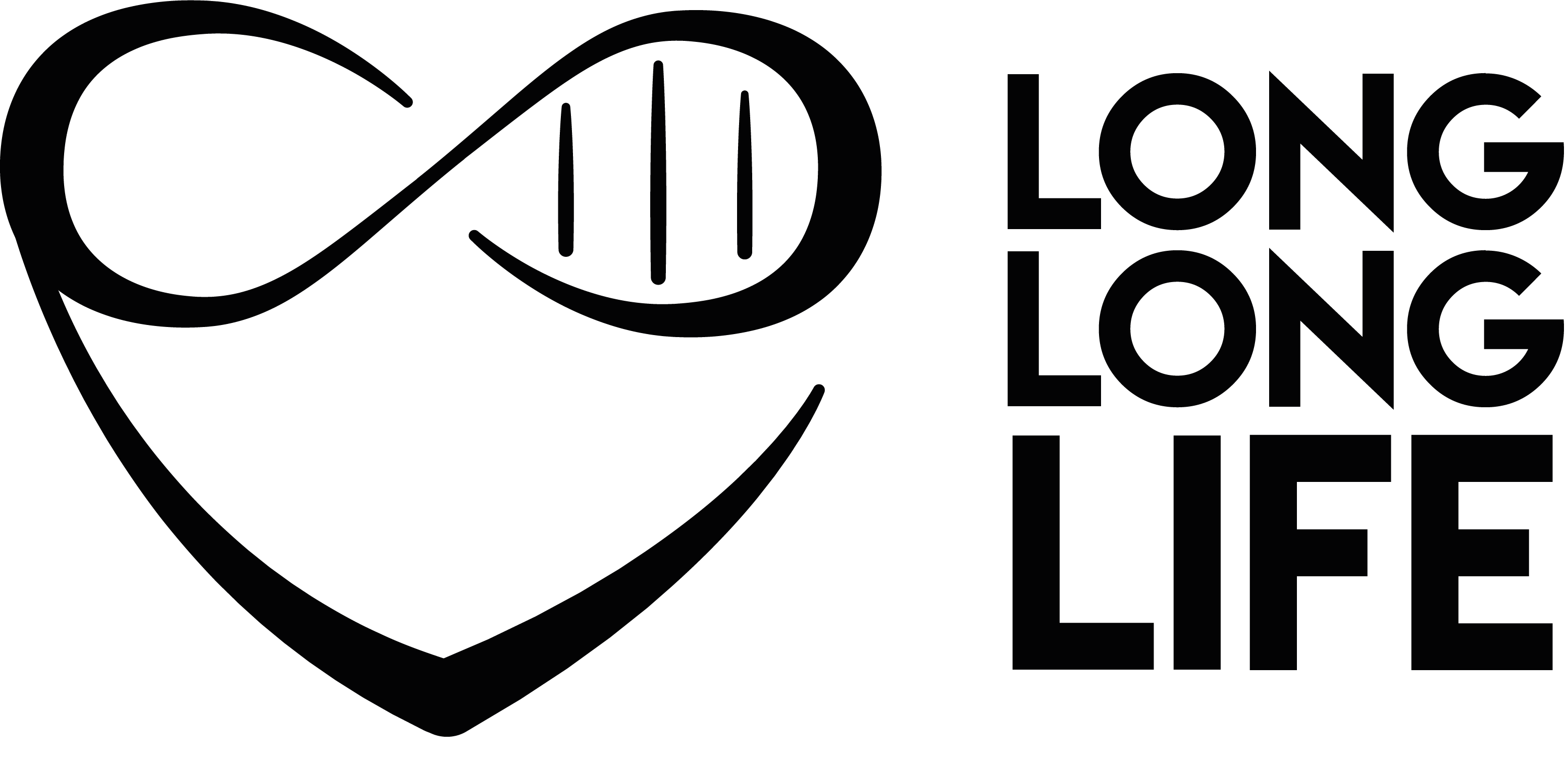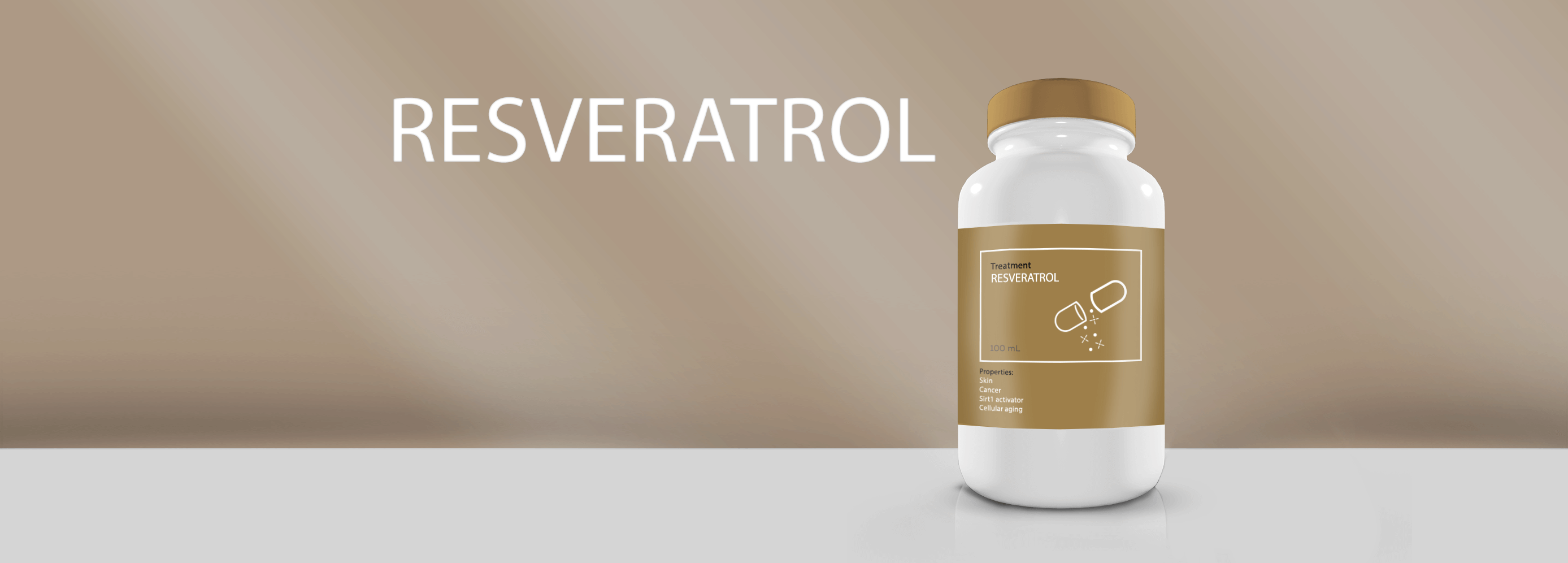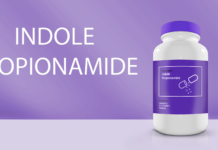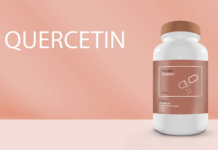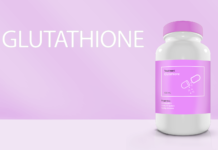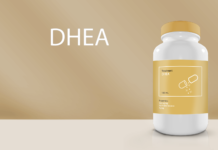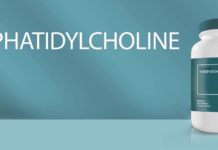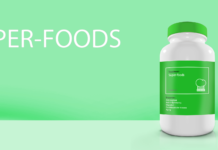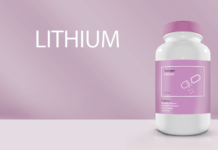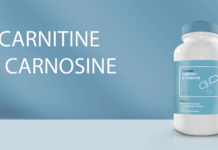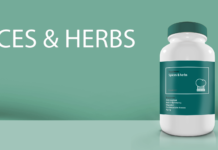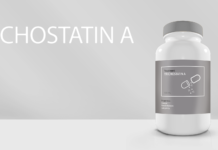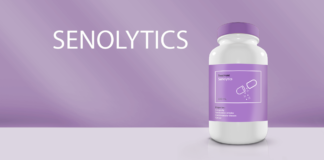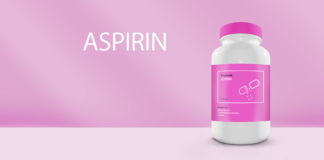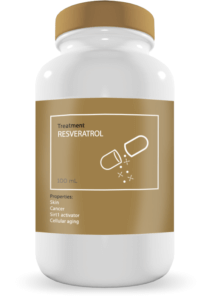
Fact sheet
Resveratrol: one molecule, fascinating properties
Resveratrol is a polyphenol notably found in black grapes which was initially noticed for its cardioprotective properties[1] and then for its property to prevent the occurrence and development of cancer in vitro and in vivo[2].It then appeared that resveratrol was a molecule capable of activating the enzyme Sirt1[3] and that, in this way, it extended life expectancy in yeast and various organisms (nematode, fly, fish).
A significant increase in healthy life expectancy was also observed in mice made obese by a diet too rich in calories. This longer life is achieved by reducing the conditions resulting from this diet (reduction in cardiovascular, metabolic, liver damage, etc.). An increase in healthy life expectancy is also observed in non-obese mice[4].
Anti-aging effects
Resveratrol is a naturally synthesized polyphenol that serves as a defense barrier against fungal invasions in plants. It is found in grape skin, wine (especially red wine), blueberries, peanuts and Japanese knotweed[1, 2].
A very effective antioxidant
Resveratrol is a powerful antioxidant that neutralizes free radicals and prevents them from damaging cells[2]. Through two complementary actions, it protects the inner wall of the arteries against damage caused by free radicals and optimizes vasodilatation by protecting the body’s ability to produce nitric oxide.
A sirtuin activator
Sirtuins are a class of NAD-dependent enzymes that affect cellular metabolism by regulating the expression of certain genes. Resveratrol is an activator of sirtuin 1, encoded by the SIRT1 gene (a tumor suppressor), thus improving mitochondrial function and slowing the proliferation of certain cancers[3, 4]. This gene also controls the longevity of several animal species, including humans.
The benefits of resveratrol
The benefits of resveratrol are diverse and hundreds of studies, mostly on animals, have been conducted and demonstrate several benefits that help promote and protect our health. These include the preventive effect of heart disease, diabetes, neurodegenerative diseases and cancer, the reduction of hypertension or the reduction of bad cholesterol levels [6, 7, 8].
How does it affect aging?
In addition to the role of resveratrol in the prevention of age-related diseases, other studies have been conducted over the past two decades establishing a direct relationship between resveratrol and an extended lifespan. Among these, a study showed that resveratrol mimics caloric restriction, the main anti-aging strategy documented so far. Animal testing has shown that caloric restriction induced by resveratrol can prolong animal life by 60%[9, 10, 11].
- Number of publications: over 4000
- Available molecule: over the counter
- Route: oral
- Dosage: 250 mg/day (minimum)
Prevention of cardiovascular diseases: Resveratrol has therapeutic virtues that can act in the treatment of heart disease. It helps to lower LDL (bad cholesterol), prevent hardening of the arteries and maintain constant pressure[7, 8].
Cancer prevention: Several studies suggest that resveratrol acts in the prevention and treatment of cancer through the activation of certain genes, including P53[5, 12].
Prevention of skin aging: Research indicates that resveratrol can combat skin damage caused by UV radiation through supplementation or direct application. The Caudalie brand has decided to make it its flagship anti-wrinkle product[13].
Precautions of use for resveratrol
Side effects: The recommended daily dose of resveratrol is at least 250 mg. Resveratrol has no known side effects, but since the actual percentage of resveratrol as a supplement can vary, it is very important to purchase supplements from a reputable source and follow the recommended dosage.
Resveratrol can be consumed by drinking red wine or eating dark chocolate or red fruits for example, but also by taking natural supplements. Knowing that wine consumption can lead to health risks related to alcohol, the natural preference of most people is to take resveratrol as a supplement.
Few toxic effects: Resveratrol is an organic molecule that has a wide range of actions on health. No study has revealed any toxicity in humans.
A recent study questions the benefits of resveratrol when taken as a supplement alone. It appears that the benefits of this molecule appear when resveratrol is combined with bioflavoinoids, which are antioxidants naturally present in fruits and vegetables[14].
[1] Siemann, E.H., and Creasy, L.L. Concentration of the Phytoalexin Resveratrol in Wine. Am. J. Enol. Vitic. 1992, 43, 49.
[2] Miyagi Y, Miwa K, Inoue H. Inhibition of human low-density lipoprotein oxidation by flavonoids in red wine and grape juice. Am J Cardiol. 1997 Dec 15;80(12):1627-31
[3] Howitz, K.T., Bitterman, K.J., et al. Small molecule activators of sirtuins extend Saccharomyces cerevisiae lifespan. Nature, 2003, 425, 191–196.
[4] Lagouge M, Argmann C, et al. Resveratrol improves mitochondrial function and protects against metabolic disease by activating SIRT1 and PGC-1alpha. Cell. 2006 127 (6): 1109–22.
[5] Jang, M., Cai, L., et al. Cancer Chemopreventive Activity of Resveratrol, a Natural Product Derived from Grapes. Science, 1997, 275, 218.
[6] Marambaud P. Resveratrol Promotes Clearance of Alzheimer’s Disease Amyloid-β Peptides, J Biol Chem. 2005 Nov 11;280(45):37377-82
[7] Liu Y, Ma W et al. Effect of resveratrol on blood pressure: A meta-analysis of randomized controlled trials, Clinical Nutrition. 2014, 34 (1): 27–34.
[8] Szmitko PE, Verma S; Verma. Cardiology patient pages. Red wine and your heart. Circulation. 2005, 111 (2): e10–1.
[9] Pearson, K.J., Baur, J.A., et al. Resveratrol Delays Age-Related Deterioration and Mimics Transcriptional Aspects of Dietary Restriction without Extending Life Span. Cell Metab. 2008, 8, 157–168.
[10] Wood, J.G., Rogina, B., Sirtuin activators mimic caloric restriction and delay ageing in metazoans. Nature, 2004, 430, 686–689.
[11] Timmers, S., Konings, E., et al. Calorie Restriction-like Effects of 30 Days of Resveratrol Supplementation on Energy Metabolism and Metabolic Profile in Obese Humans. Cell Metab. 2011, 14, 612–622.
[12] Boocock DJ. Phase I Dose Escalation Pharmacokinetic Study in Healthy Volunteers of Resveratrol, a Potential Cancer Chemopreventive Agent, Cancer Epidemiol Biomarkers Prev. 2007 Jun;16(6):1246-52
[13] Ndiaye, M; Philippe, C; Mukhtar, H; Ahmad, N. The Grape Antioxidant Resveratrol for Skin Disorders: Promise, Prospects, and Challenges. Archives of Biochemistry and Biophysics. 2011, 508 (2): 164–170
[14] Richard D. Semba et al., Resveratrol Levels and All-Cause Mortality in Older Community-Dwelling Adults, JAMA Internal Medicine, 2014, 174, no. 7: 1077–84

